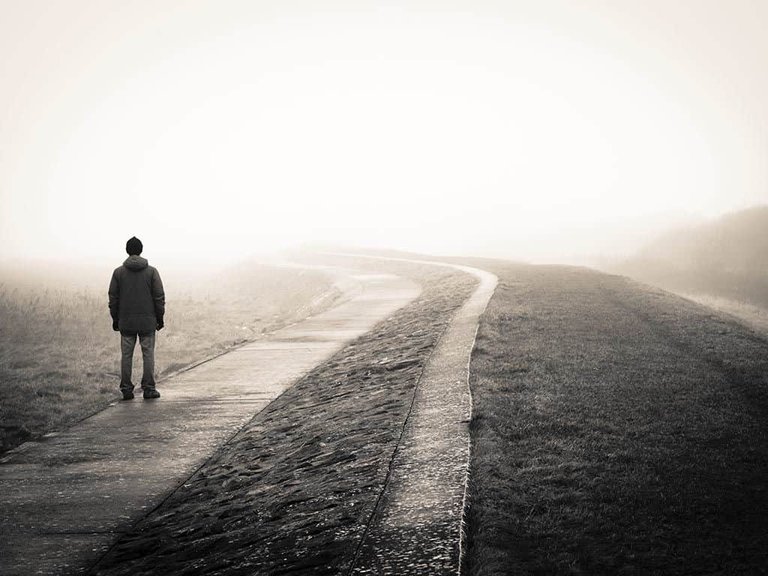Why we shouldn't Always be nice to everyone: My personal insights

The idea of being kind to everyone and treating all people with kindness is an ideal that is often instilled in us. However, from my own experiences, I've discovered that it's not always practical or beneficial to be nice to everyone. Below, I'll share some personal reasons why sometimes it's necessary to set boundaries and not be overly kind.
**Emotional exhaustion: **In my life, I've noticed that being endlessly kind to everyone can lead to emotional exhaustion. Consistently prioritizing others' needs and desires over my own can be draining and detrimental to my mental health.
Example: Much like Ana, I used to say "yes" to all my friends' requests to hang out. Over time, I felt drained and stressed because I had no time for myself. Consequence: I experienced emotional burnout, affecting my mental health and well-being.
**Lack of authenticity: **Excessive kindness often led me to a lack of authenticity. I would end up saying "yes" when I really meant "no," eroding my sense of identity and self-esteem.
Example: Similar to Juan, I felt uncomfortable expressing my political opinions in public because I feared judgment from others. I would always agree and avoid confrontation. Consequence: I lacked authenticity and feared being judged for my true beliefs.

*Risk of Exploitation: From my experiences, always being good to everyone made me vulnerable to exploitation by people looking to take advantage of my kindness. Setting boundaries is essential to protect my interests and well-being.
Example: Like Maria, I used to lend money to a friend who never paid it back. Consequence: I was financially exploited due to my excessive kindness, affecting my financial situation and my relationship with that person.
Differences in values and beliefs: I've learned that not everyone shares my values and beliefs, and trying to be kind to those who differ significantly can lead to frustration and conflict.
Example: Similar to Laura, I tried to be kind to a colleague with extremely sexist views. I would avoid confronting them, which caused discomfort. Consequence: I felt uneasy and conflicted due to our differences in values and beliefs.
Enabling toxic behaviors: In my experience, being overly kind to people with harmful or toxic behaviors can contribute to their impunity and perpetuate negative behaviors.
Example: Like David, I used to cover up the wrongdoings of a family member, even when I knew they were in the wrong. Consequence: I allowed that person to continue with harmful behaviors without facing consequences.
Self-Care: I've come to understand that being kind to myself is equally important as being kind to others. Sometimes, saying "no" or setting boundaries is essential to protect my physical and emotional well-being.
Example: Similar to Roberto, I used to work long hours without taking breaks, even when I was exhausted. Consequence: I sacrificed my health and well-being by not properly taking care of myself.

Mutual Respect: In my human interactions, I've found that mutual respect is fundamental. Being honest and setting boundaries respectfully can lead to more balanced and healthy relationships.
Example: Like Marta, I had a friend who constantly interrupted me and didn't listen to my opinions. Instead of setting boundaries, I always gave in. Consequence: I didn't receive the mutual respect I deserved in my friendship due to my lack of boundaries.
These personal examples illustrate how the absence of boundaries and excessive kindness can have negative consequences in people's lives and their relationships with others. Establishing boundaries respectfully and authentically is crucial for maintaining balanced and healthy relationships.
These are not your images and you should be link-sourcing them to credit the photographer.
Hello friend, I searched for the images in the browser and copied the link so that it appears in the article. How do I make it visible? Or do you say leave the links directly at the end of the article? I would appreciate the help.
If you are using images that are not your own you need to add links to each one to credit the photographer. You should only be using images that are free to use, not images that are copyrighted also. There are many free image sites to choose from but make sure you place links in your post to each of the images you use. It's best to use your own images though, it adds personality to your posts.